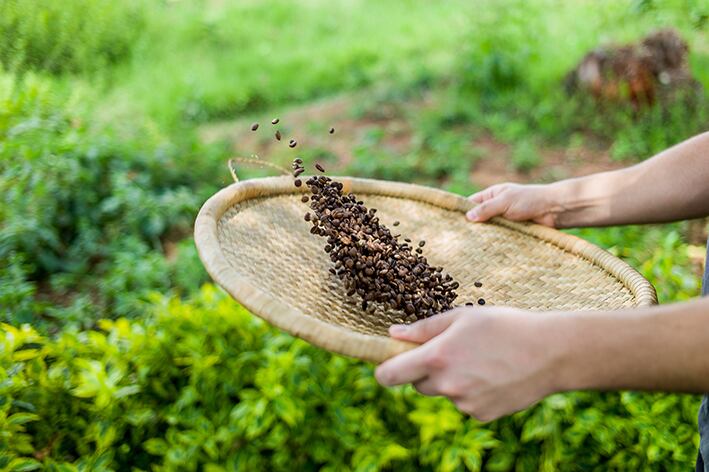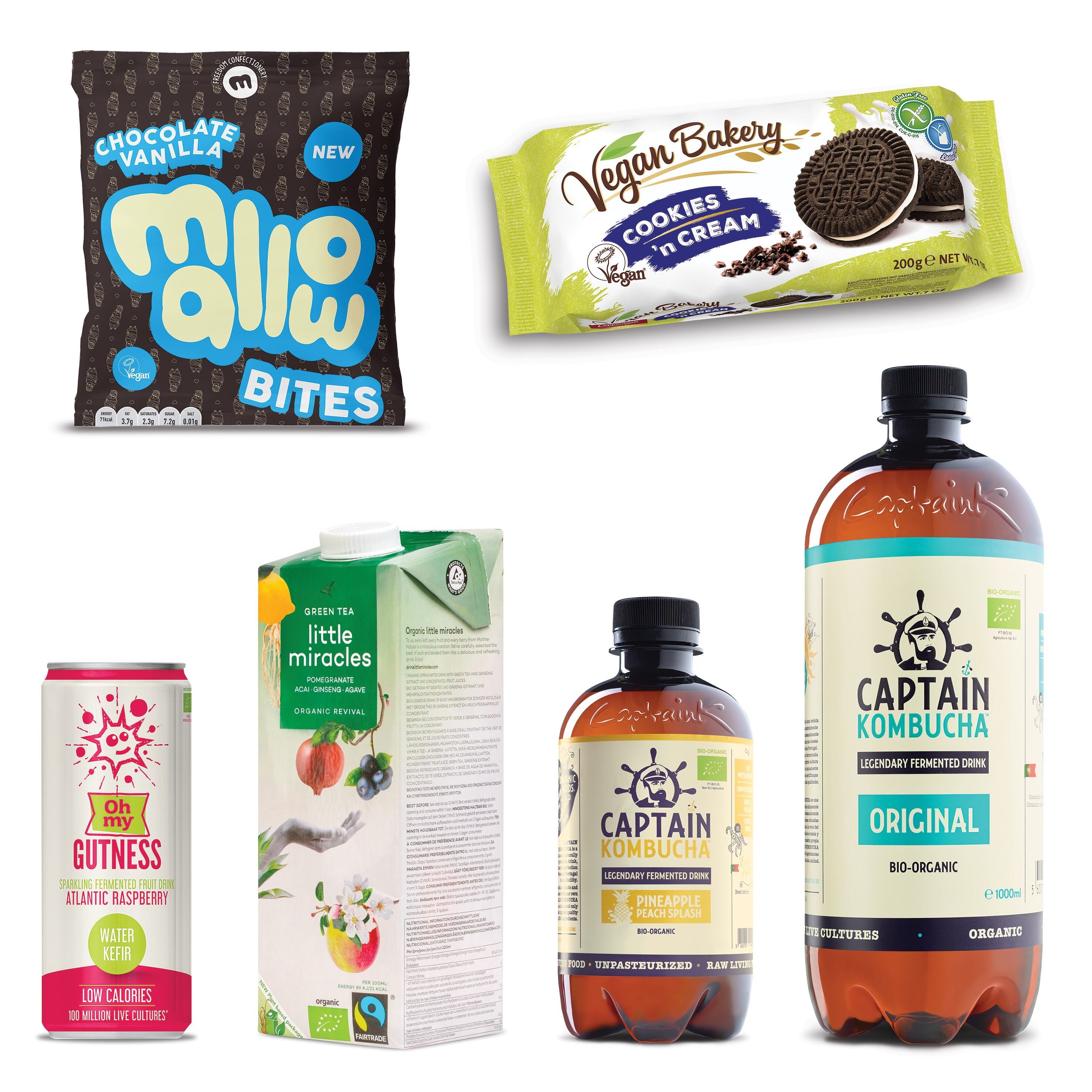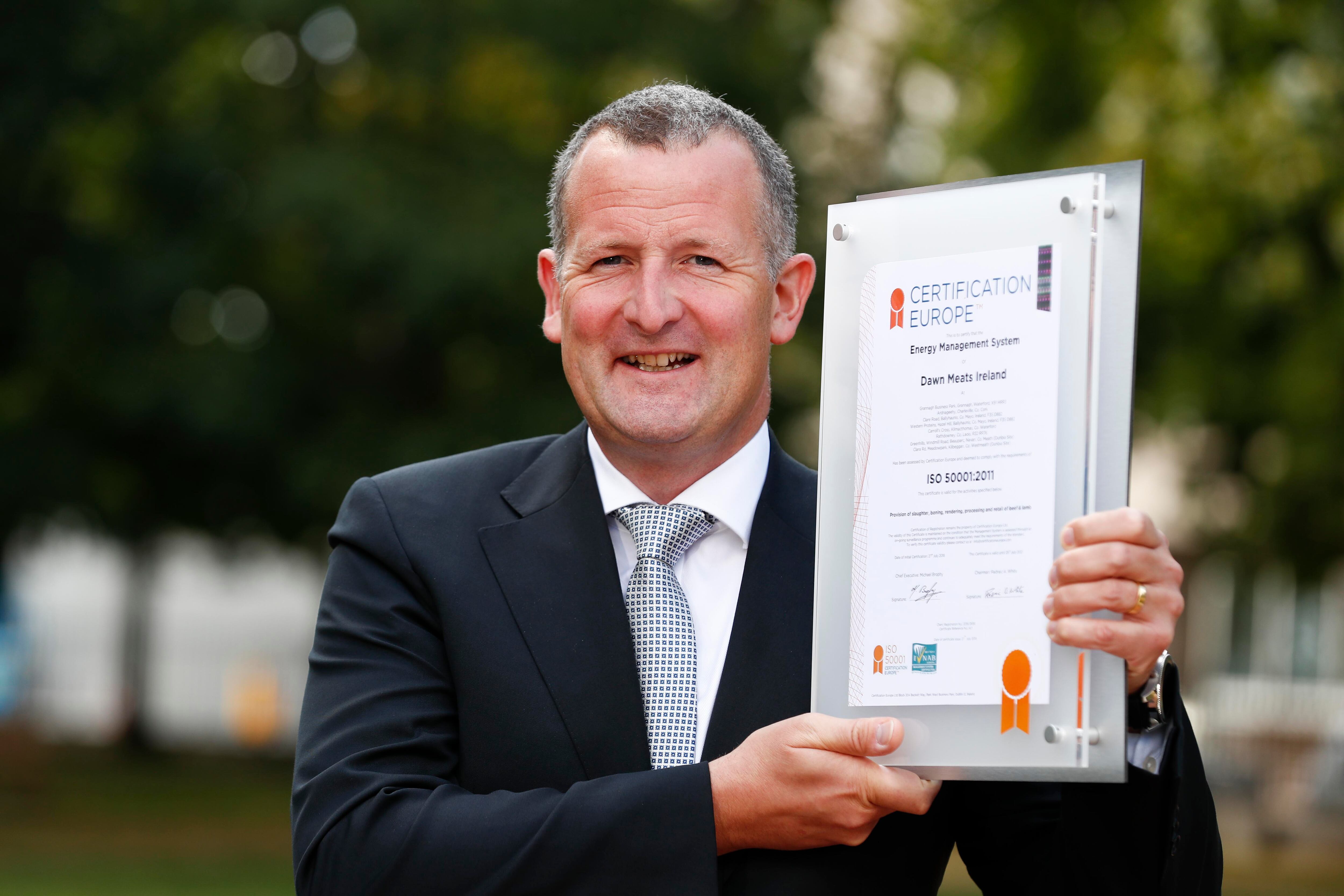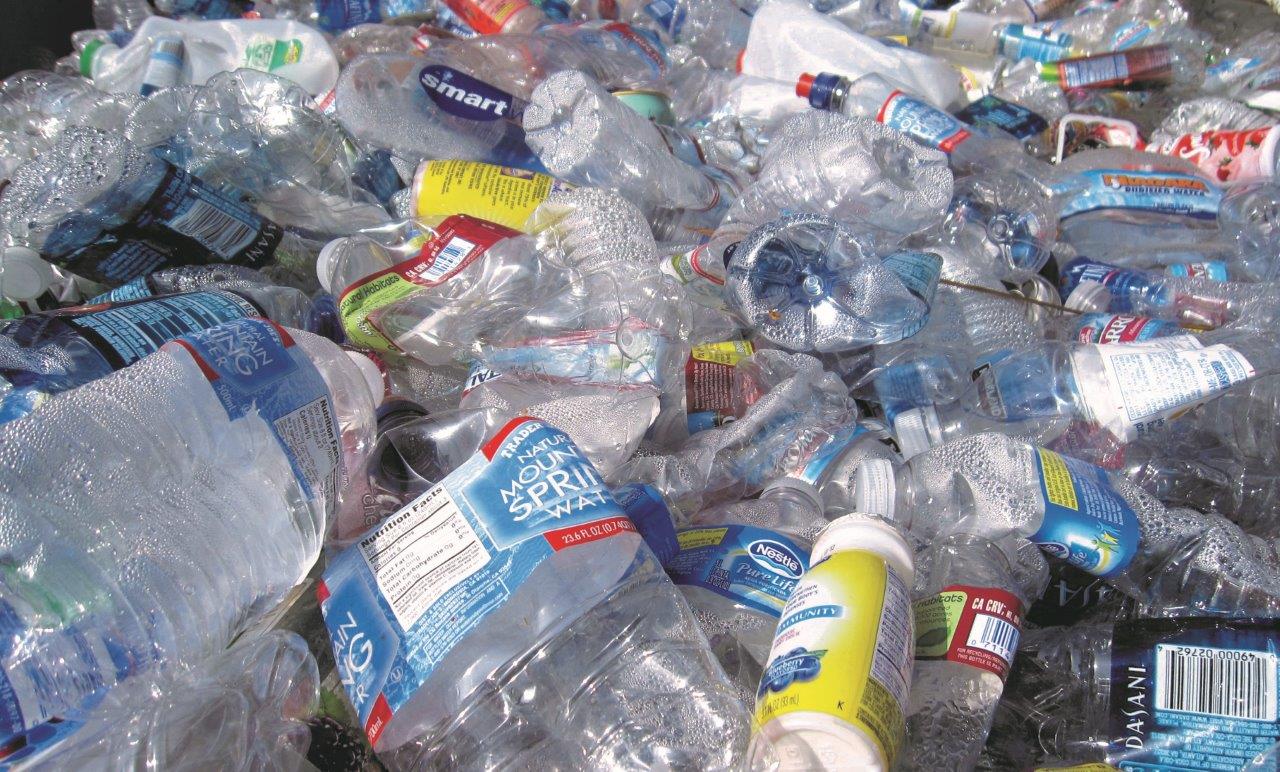The recommendation was made in a report by insight experts Lumina Intelligence after it found that consumers were failing to engage with certain brands online as they struggled to understand sustainable messages.
The report analysed 2,806 best-selling chocolate, ground coffee and tea products in 20 countries.
More than a quarter (28%) were found to make sustainability claims.
However, consumer engagement remained low as shoppers had difficulty deciphering ethical standards.
Sustainable claims
Of 1,395 sustainable claims made on-pack and in product descriptions, 17 related to different organic certifications, five referred to different company sustainability programme claims and seven were for third-party certification claims. Generic fair-trade terms were also included.
Products making ethical claims tended to have lower review volumes than those without, while organic-certified products had the lowest review volumes, suggesting a gulf between apparently desired ethical products and those shoppers actually purchased and engaged with, the report said.
“The spearhead of sustainability of the last 30 years – sourcing certified volumes – is fighting to prove its worth as companies shift to self-managed sustainability programmes,” said Lumina sustainable food and drink analyst, journalist and report author Oliver Nieburg.
Chocolate, coffee and tea
“These company programmes could be impactful, but are often shrouded in secrecy. A nebulous mesh of sustainable claims has emerged on products and online, leaving chocolate, coffee and tea consumers struggling to understand what is fair.”
Consumers were also found to favour mission-led brands, like refugee-supporting Nomi Teas, that related to a specific understandable cause rather than a generic programme “that is largely meaningless to consumers” over bigger firms promoting their ethical credentials.
The report suggested the development of an ISO claim to which all certification and company programme labels complied.
This “could better signal to consumers that a product respects social and environmental conditions than a bespoke label on pack that adds to the mass of other labels, creates confusion and fails to engage consumers”, it said.
Lumina Intelligence is an insights service run by Food Manufacture's publisher William Reed. It produces data and reports on a range of topics.




